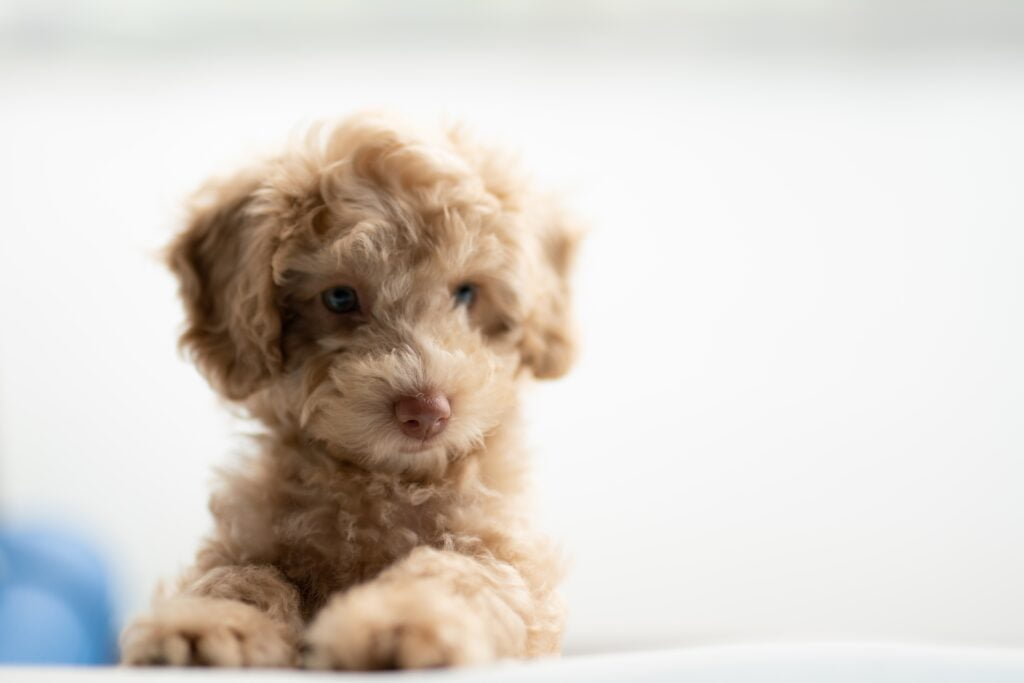
The toy group encompasses a delightful assortment of miniature breeds, each brimming with personality and charm that far exceeds their diminutive size. Originally bred as companions for royalty and nobility, these pint-sized canines have captured the hearts of many with their affectionate nature and undeniable charisma. While they may be small in stature, toy breeds are often bold, spirited, and brimming with confidence. From the silky-coated Maltese to the spirited Chihuahua, these dogs are not just lap warmers but are also known for their vivacious temperaments and unwavering loyalty. Perfect for urban living and smaller spaces, toy breeds make ideal pets for those seeking a compact yet affectionate companion.
Toy Dog Breeds List
| Breed | Image | Origin | Life Expectancy | Size |
|---|---|---|---|---|
| Toy Poodle | 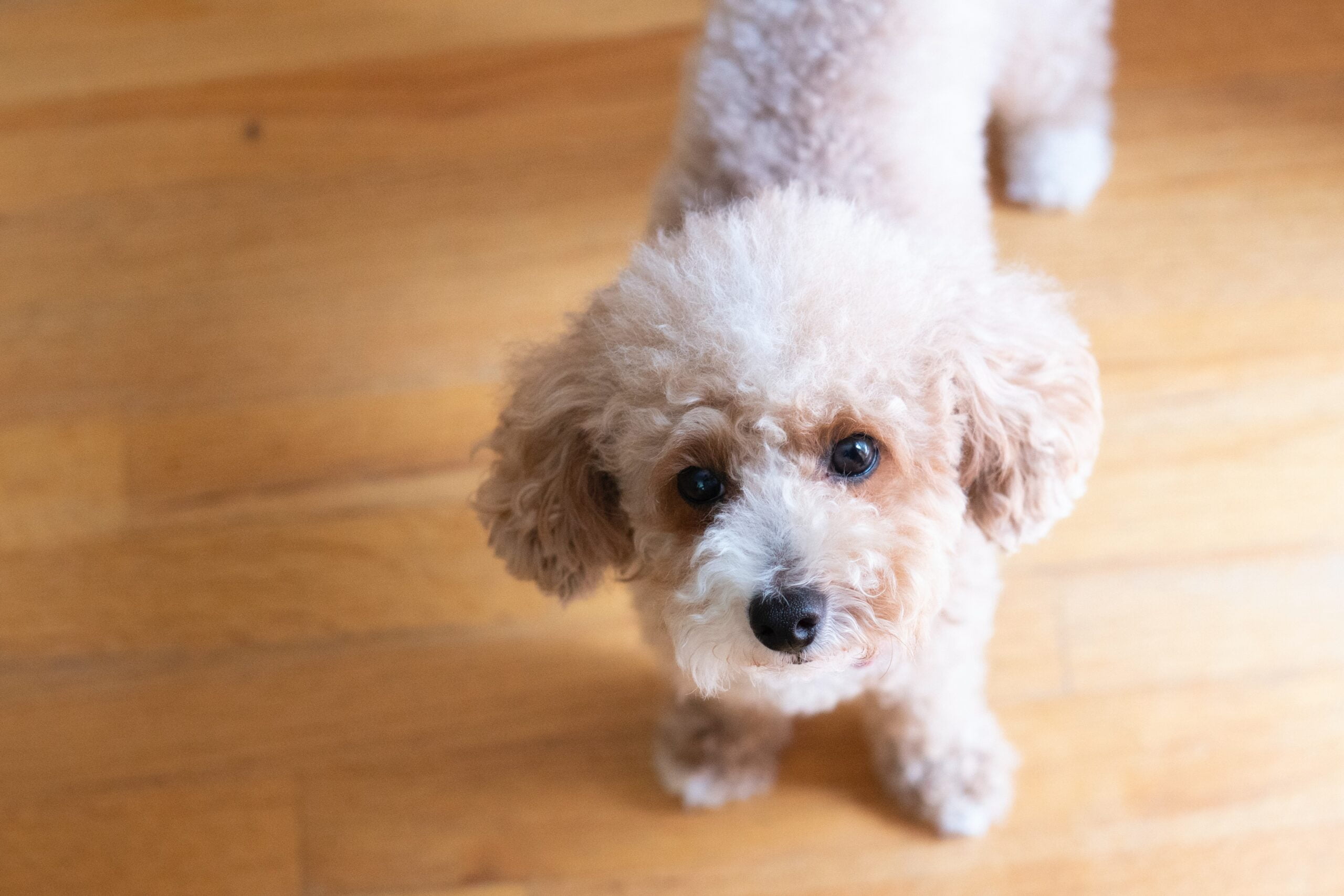 | France | 10-18 yrs | Toy |
| Yorkshire Terrier |  | England | 11-15 yrs | Toy |
| Cavalier King Charles Spaniel |  | England | 12-15 yrs | Toy |
| Shih Tzu | 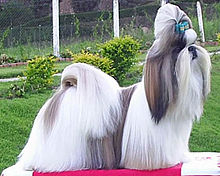 | China | 10-18 yrs | Toy |
| Pomeranian |  | Germany | 12-16 yrs | Toy |
| Havanese | 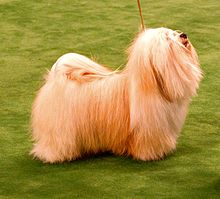 | Cuba | 14-16 yrs | Toy |
| Chihuahua | 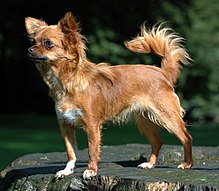 | Mexico | 14-16 yrs | Toy |
| Pug |  | China | 13-15 yrs | Toy |
| Maltese |  | Malta | 12-15 yrs | Toy |
| Papillon |  | France | 14-16 yrs | Toy |
| Italian Greyhound | 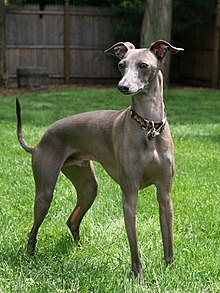 | Italy | 14-15 yrs | Toy |
| Miniature Pinscher |  | Germany | 12-16 yrs | Toy |
| Biewer Terrier |  | Germany | 16-16 yrs | Toy |
| Chinese Crested Dog |  | China | 13-18 yrs | Toy |
| Pekingese |  | China | 12-14 yrs | Toy |
| Brussels Griffon | 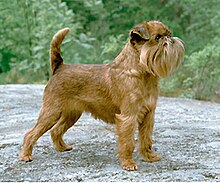 | Belgium | 12-15 yrs | Toy |
| Japanese Chin |  | Japan | 10-12 yrs | Toy |
| Toy Fox Terrier |  | America | 13-15 yrs | Toy |
| Silky Terrier |  | Australia | 13-15 yrs | Toy |
| Manchester Terrier |  | England | 15-17 yrs | Toy |
| English Toy Spaniel |  | England | 10-12 yrs | Toy |
| Russian Toy |  | Russia | 12-14 yrs | Toy |
| Affenpinscher |  | Germany | 12-15 yrs | Toy |
Pros and Cons of Owning a Toy Dog
Pros of Owning a Toy Dog Breed:
- Size and Manageability:
Due to their small size, toy breeds are easy to manage and ideal for small living spaces such as apartments and condos. They also fit easily in carriers for convenient travel. - Companionship:
Toy breeds are known for their affectionate nature and strong bond with their owners. They make excellent lap dogs and companions, often forming tight-knit relationships with their families. - Lower Maintenance Costs:
Generally, toy breeds will eat less, and overall expenses (like medications based on size) might be lower compared to larger breeds. - Longer Lifespan:
Toy breeds often have a longer lifespan, which means you may have more years to enjoy the companionship of your pet. - Great for Seniors:
Their manageable size and affectionate nature make toy breeds particularly suitable for seniors or those with mobility issues.
Cons of Owning a Toy Dog Breed:
- Fragility:
Due to their diminutive size, toy breeds can be more susceptible to injury and may not be suitable for households with young children who might not handle them carefully. - Health Issues:
Toy breeds often come with a host of health problems, including dental issues, respiratory problems, and susceptibility to hypoglycemia. - Training Challenges:
Potty training and obedience training can sometimes be a challenge. Toy breeds often have a stubborn streak and might be treated more permissively due to their cute appearance. - Separation Anxiety:
Toy breeds often form a strong attachment to their owners, which can lead to separation anxiety when left alone. This could result in behavioral issues like excessive barking or destructiveness. - Socialization:
Proper socialization is essential to prevent toy breeds from becoming overly possessive or developing “small dog syndrome,” where they might display aggressive behaviors out of fear or spoiling.
More Resources
Remember to visit our resources page for our dog socialization checklist, book recommendations, and more.
